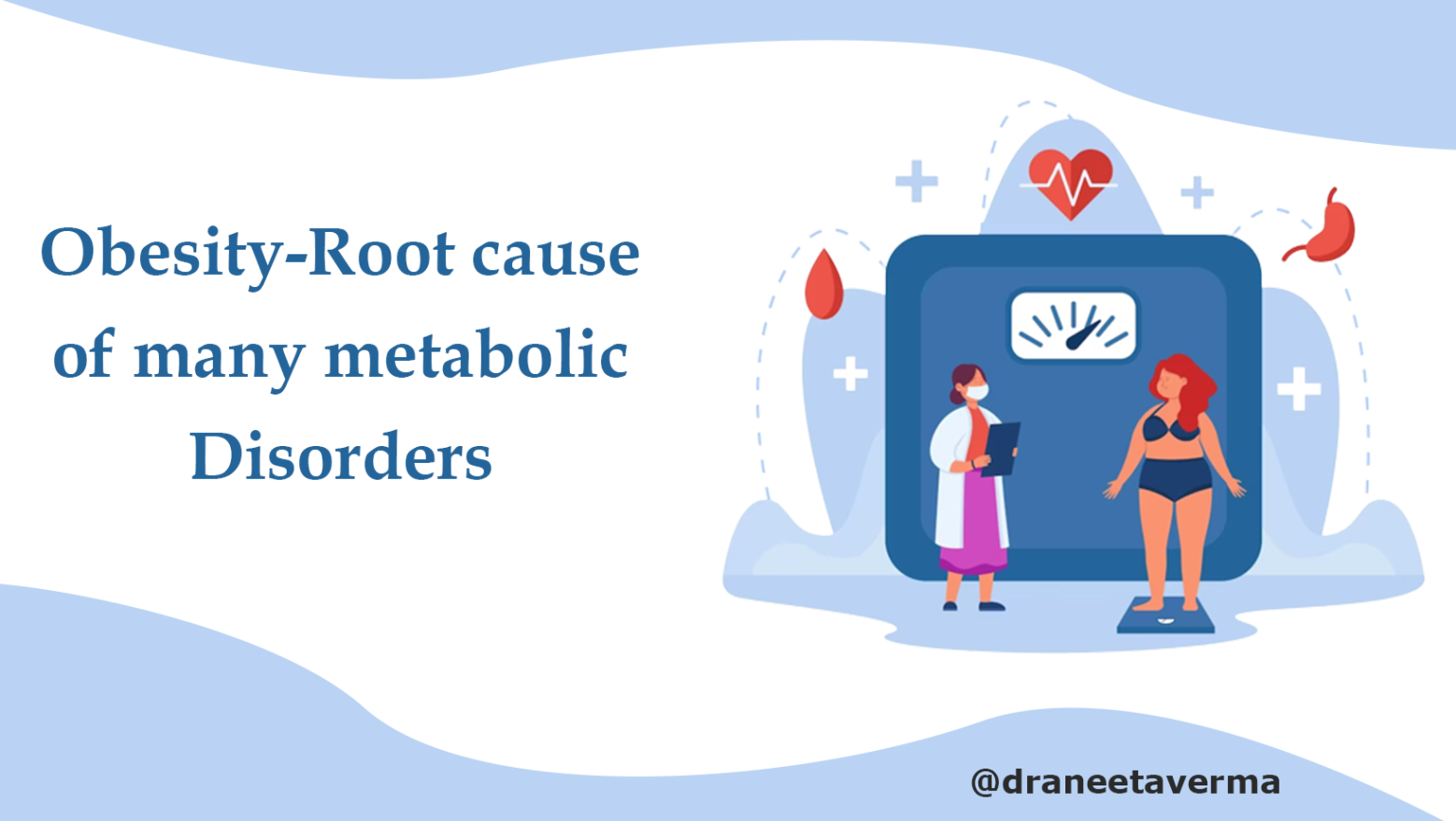+918048051883

This is your website preview.
Currently it only shows your basic business info. Start adding relevant business details such as description, images and products or services to gain your customers attention by using Boost 360 android app / iOS App / web portal.
Obesity-Root cause of many metabolic Disorders ...

Obesity-Root cause of many metabolic Disorders Obesity is defined as having a body mass index (BMI) of 30 or greater. It is a serious health problem that can cause a range of physical, mental, and social problems. It is associated with an increased risk of many metabolic disorders, including type 2 diabetes, heart disease, stroke, and some types of cancer. The root cause of obesity is a combination of genetic, environmental, and lifestyle factors. Genetics play a role in determining how susceptible a person is to gaining weight. Environmental factors can influence a person’s food choices, physical activity levels, and lifestyle habits. Unhealthy lifestyle habits such as excessive calorie intake, lack of physical activity, and a sedentary lifestyle can also contribute to obesity. Obesity is a major risk factor for many metabolic disorders, such as type 2 diabetes, hypertension, dyslipidemia, and fatty liver disease. Type 2 diabetes is a chronic condition in which the body does not properly use or produce insulin, resulting in high blood sugar levels. Hypertension is a condition in which the pressure of the blood against the walls of the arteries is too high. Dyslipidemia is an abnormality in the levels of lipids (fats) in the blood. Fatty liver disease is a condition in which fat accumulates in the liver, leading to inflammation and liver damage. Obesity increases the risk of developing metabolic disorders because it affects the body’s metabolism. In addition, obesity can lead to an increase in inflammation, which can further damage blood vessels, increase the risk of cardiovascular disease, and cause other health problems. The best way to prevent the development of metabolic disorders is to maintain a healthy weight. This can be achieved through a combination of regular physical activity and a balanced diet. Regular physical activity helps to burn calories and can help to reduce the risk of obesity.

